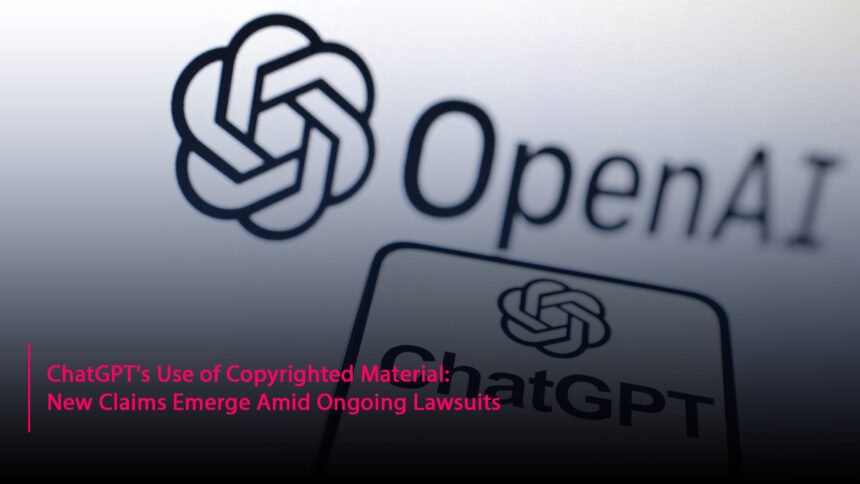As of early February 2025, OpenAI faces increased scrutiny and legal action regarding using copyrighted materials in training its AI models, particularly ChatGPT. While OpenAI maintains it only utilizes publicly available content, several lawsuits, and a recent viral social media post are challenging this assertion.
Legal Challenges Mount:
OpenAI faces copyright infringement lawsuits both globally and in India. Plaintiffs include news organizations like the New York Times, Asian News International (ANI), and a coalition of Indian digital news publishers. Prominent authors and book publishers, including the Federation of Indian Publishers, have also filed suit.
Additionally: Why ChatGPT Stopped Working for Millions: OpenAI Responds
The lawsuits accuse OpenAI of using copyrighted material without permission to train ChatGPT, scraping content from websites, reproducing near-verbatim excerpts, and creating unauthorized summaries of copyrighted works. Plaintiffs argue this infringes on their copyrights, reduces website traffic and subscriptions, and impacts their revenue3. ANI also accuses OpenAI of falsely attributing fabricated news stories to them.
OpenAI argues the New Delhi court lacks jurisdiction and that the chatbot was not trained in India. However, legal experts suggest the outcomes of these cases could significantly impact how AI models function and the extent to which copyrighted content can be used for AI training.
Viral Clip Sparks Further Debate:
A viral social media post highlighted ChatGPT’s struggle to generate an image of a wine glass filled to the brim. The post suggests AI image generators, trained on internet data, struggle to create images that are not widely available online.
The post argues that this limitation exposes how AI relies on existing data, raising questions about copyright and originality. It also notes ChatGPT’s difficulties with images of left-handed people and prompts to exclude certain elements, further demonstrating its reliance on existing data patterns9.
These legal battles and public debates raise fundamental questions about fair use, copyright regulations in the digital age, and the ethical implications of AI training23. The lawsuits could force OpenAI to pay significant damages, restructure its training methodologies, and seek licensing agreements with content creators.
The ongoing legal challenges will likely shape the future of AI development and its relationship with content creators and copyright holders12. The courts will need to determine whether training AI models on publicly available content constitutes fair use or copyright infringement.










